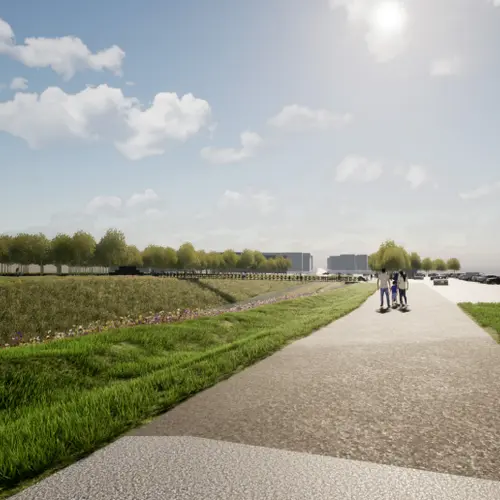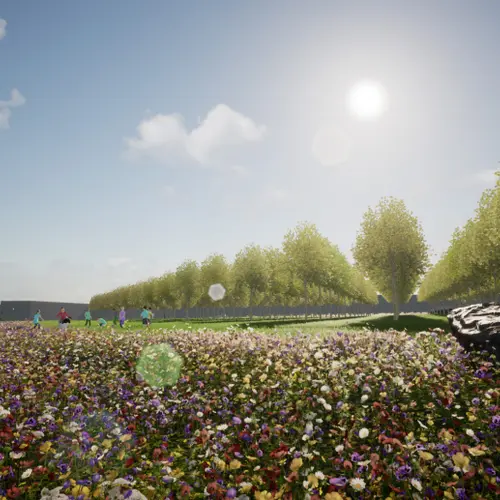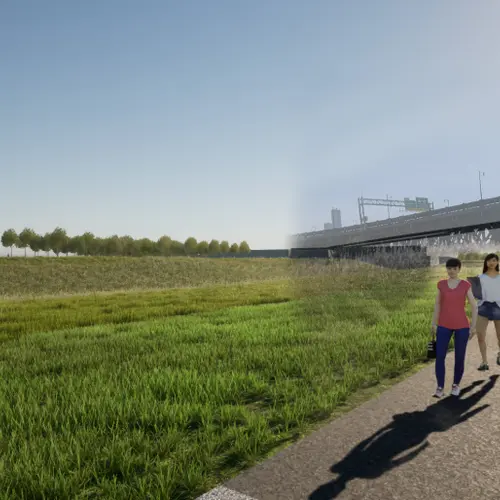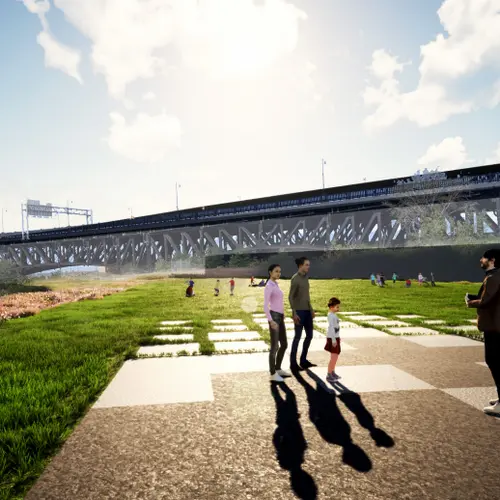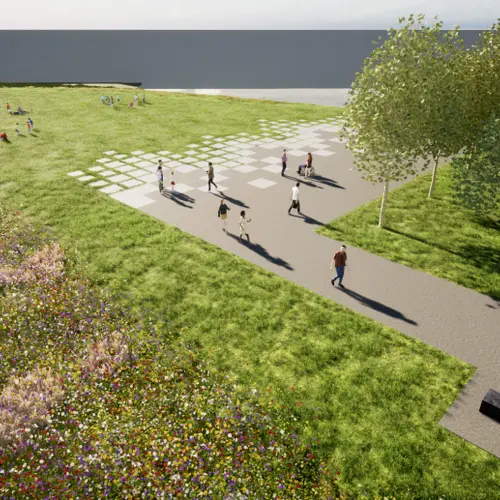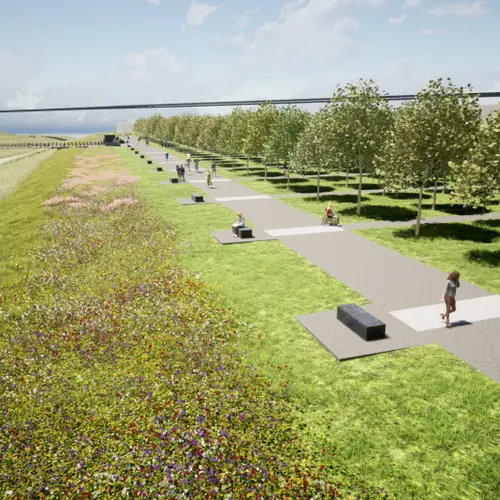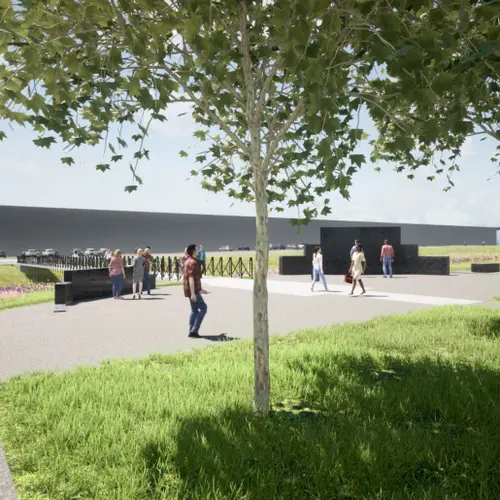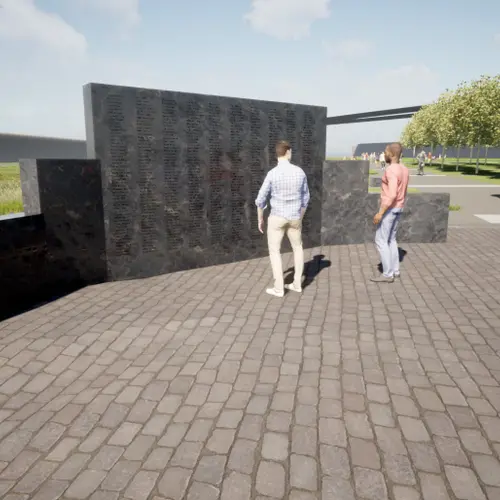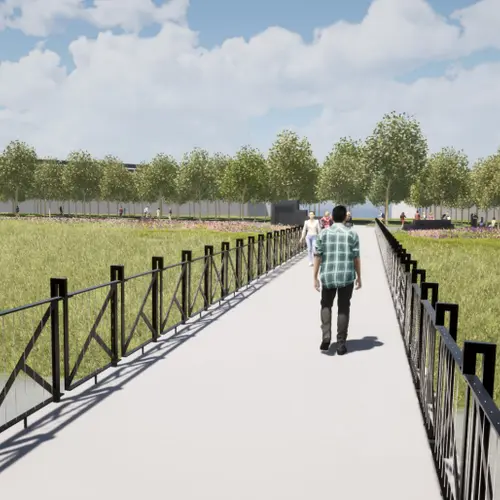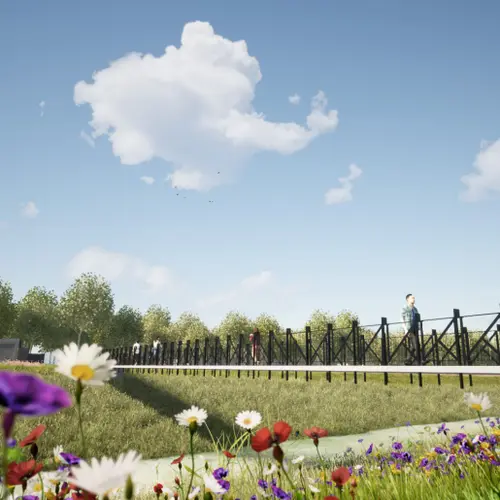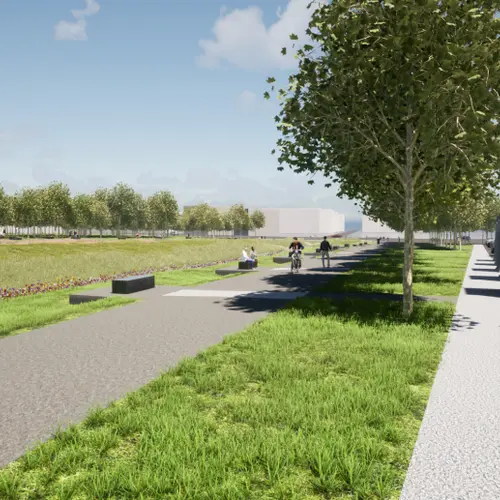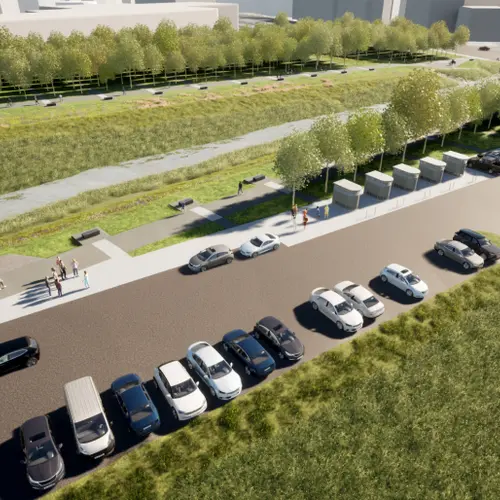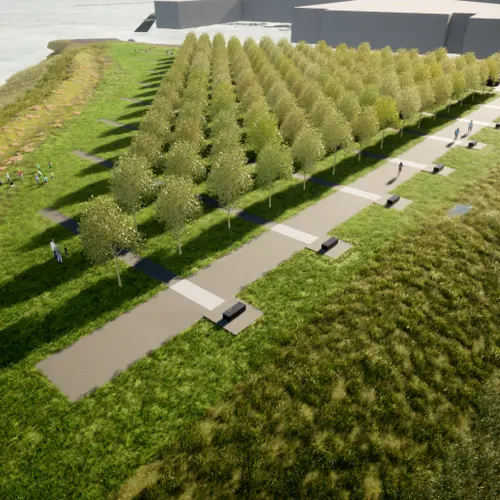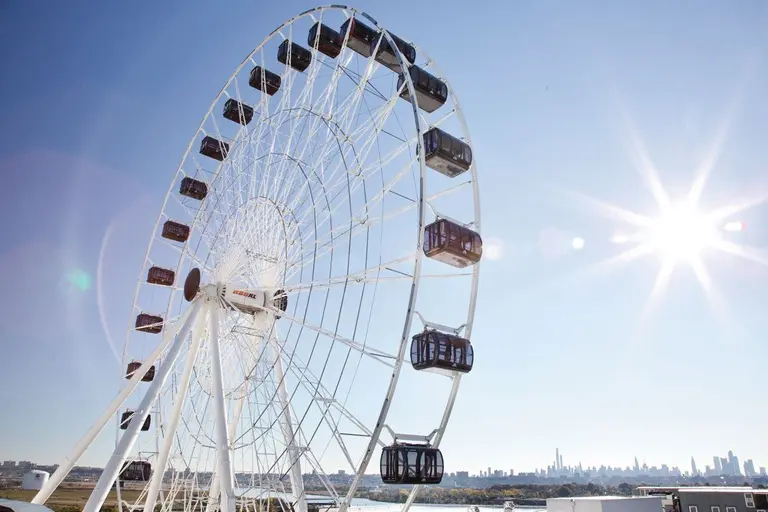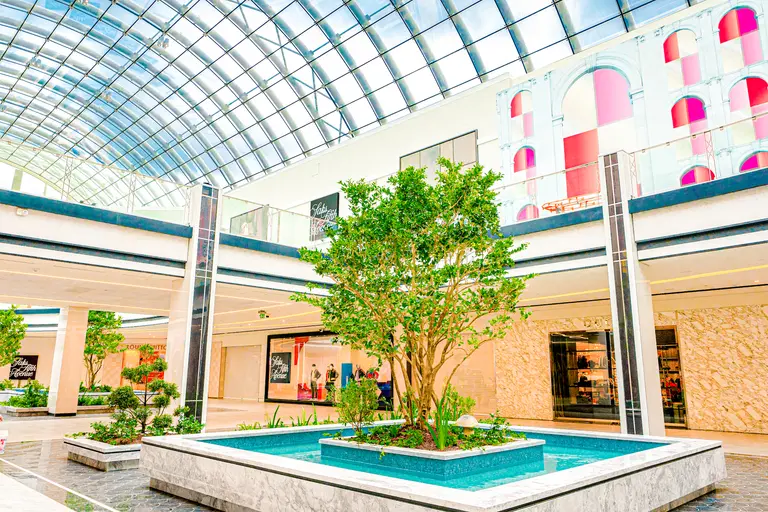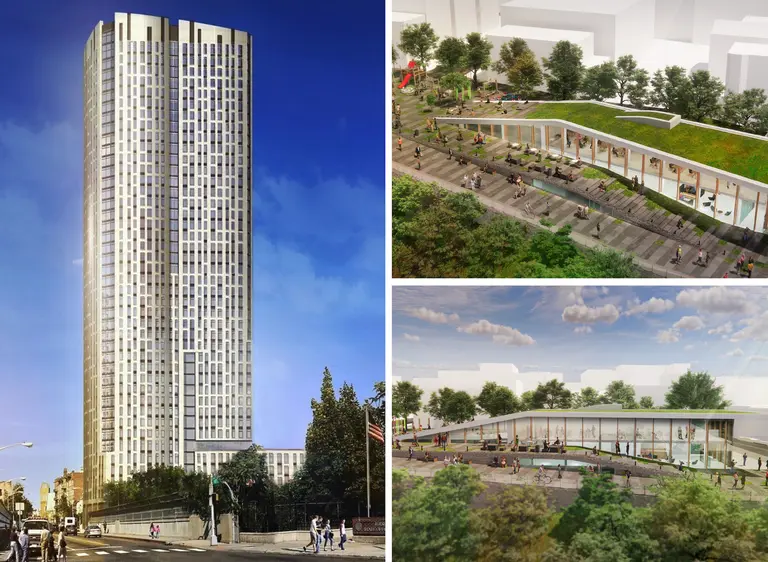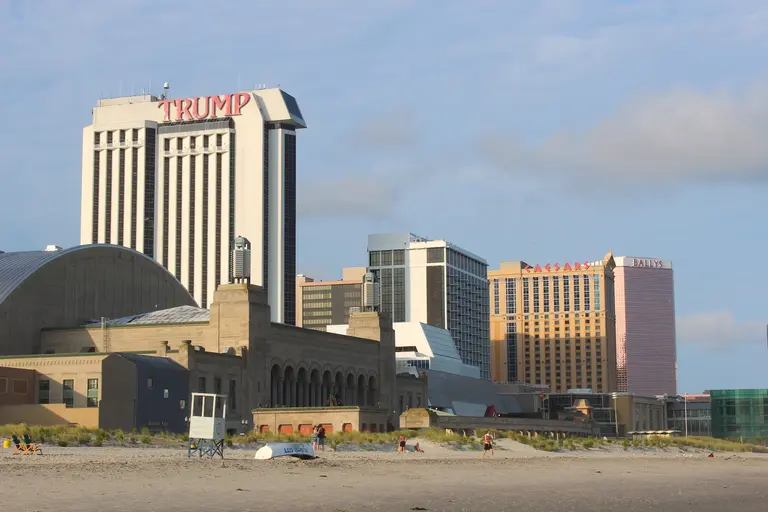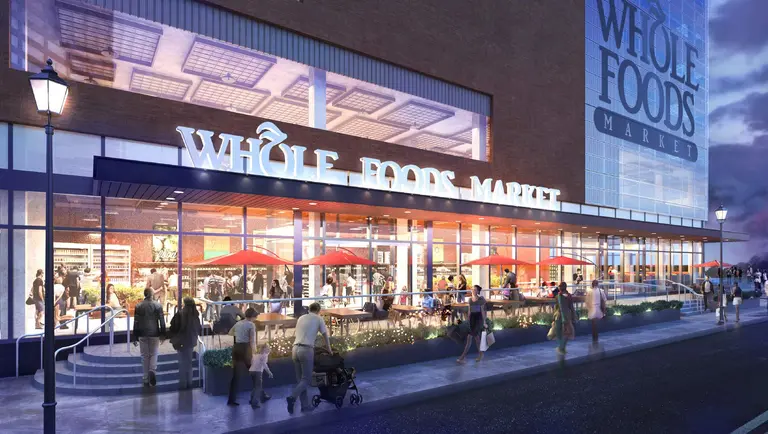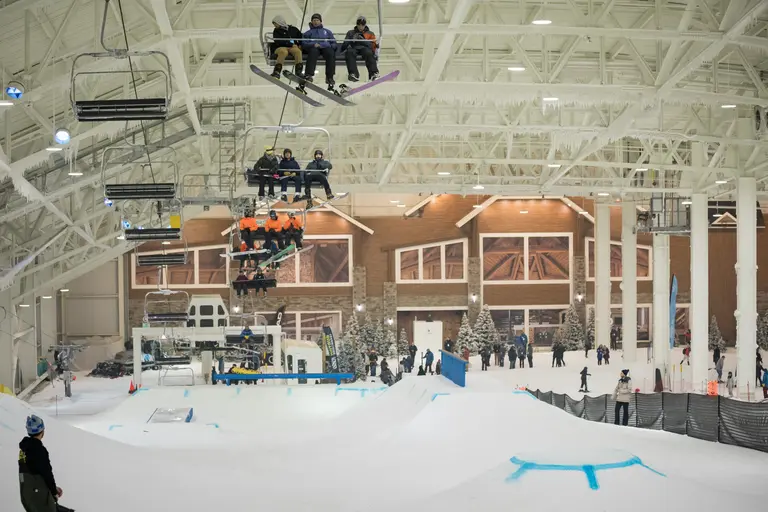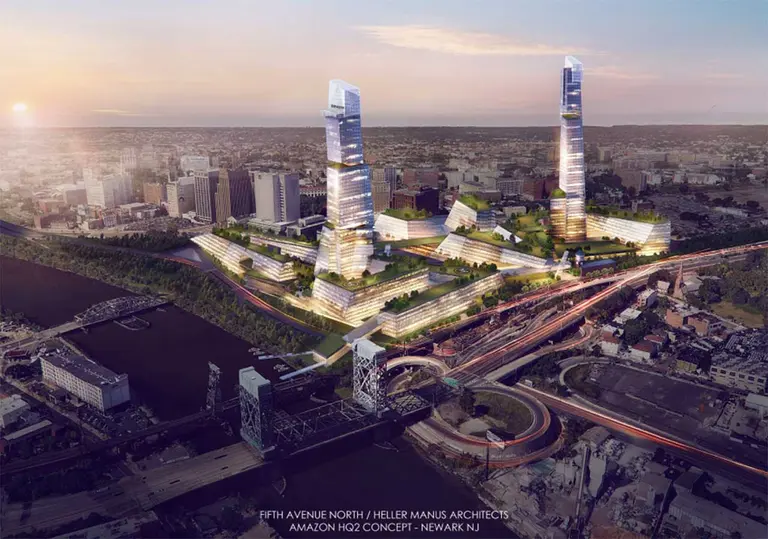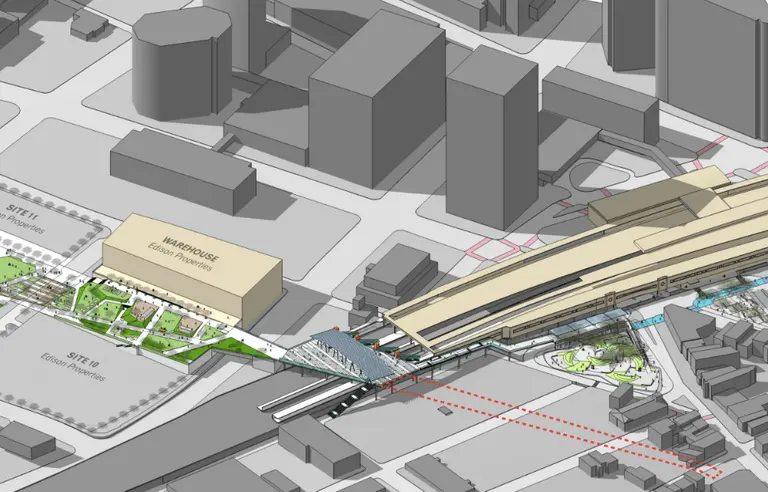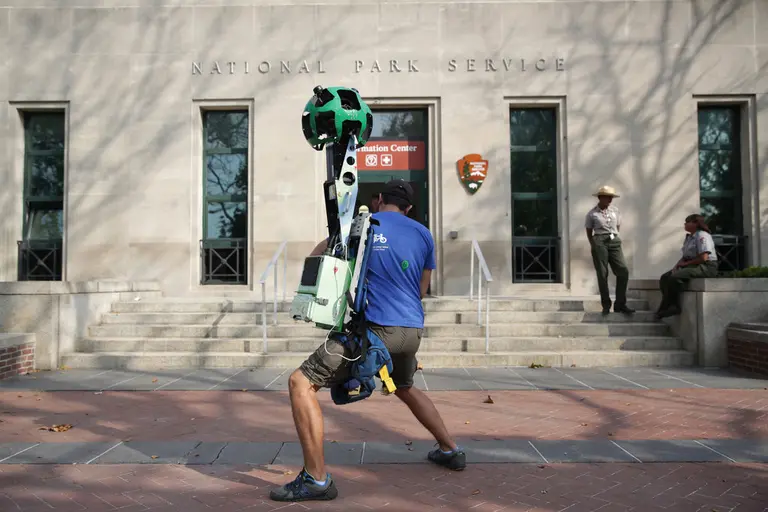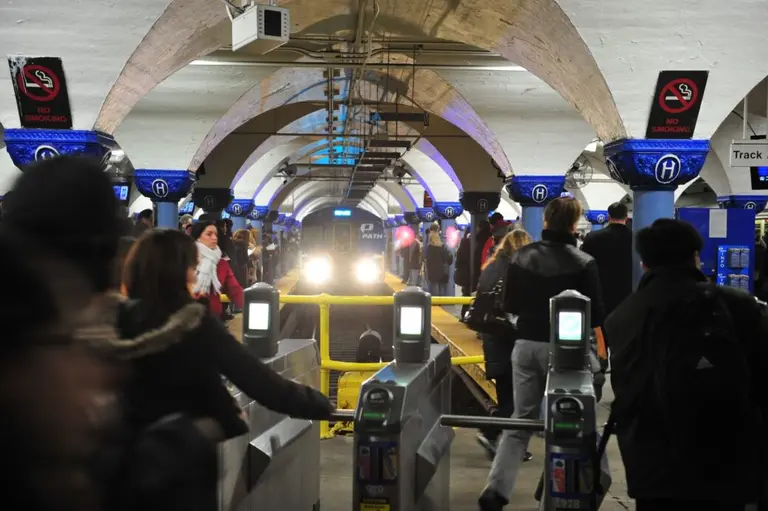Former toxic landfill in Jersey City to become public park with COVID-19 memorial
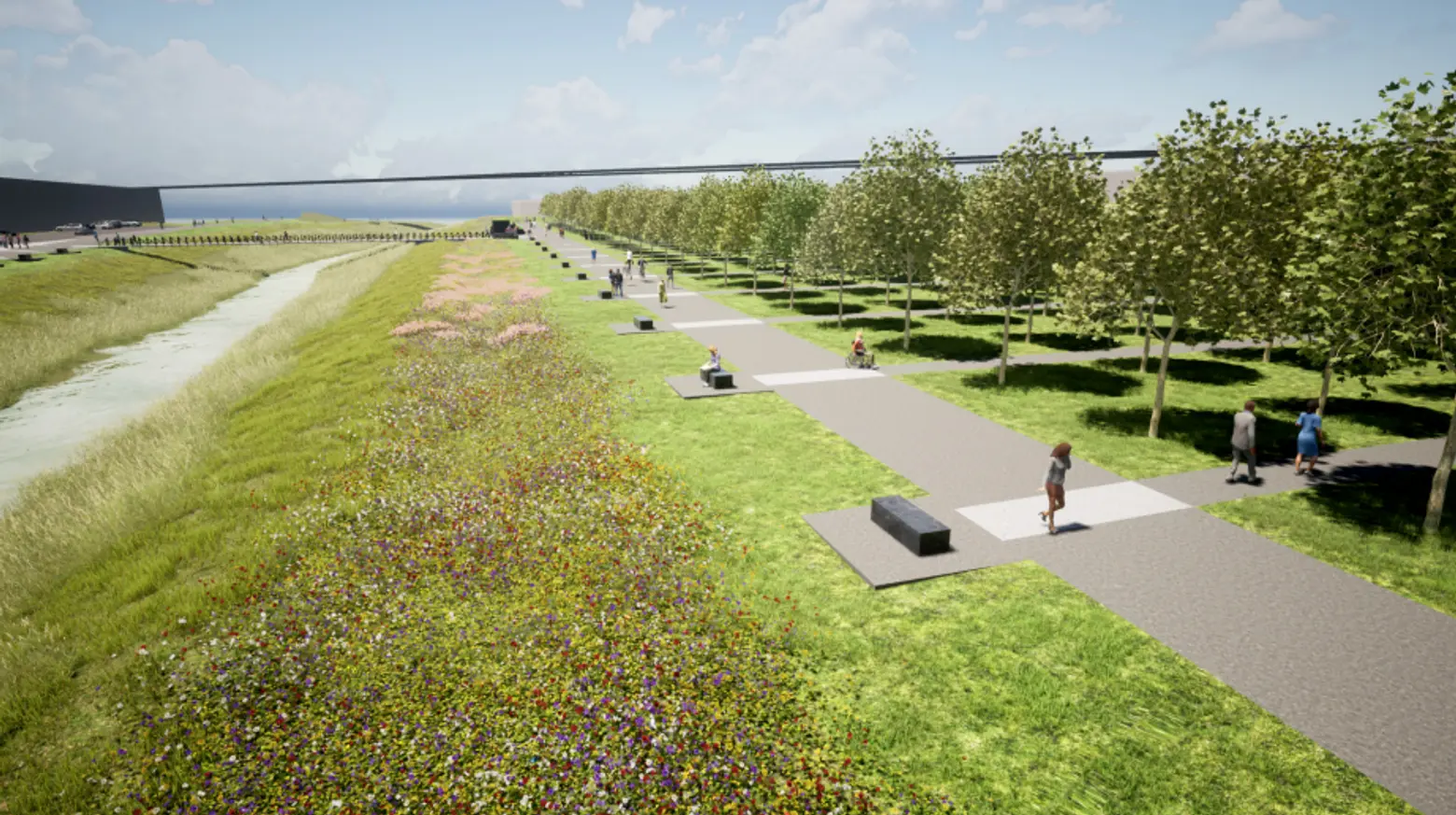
A former toxic landfill in Jersey City will become a public park with a memorial dedicated to residents who lost their lives from the coronavirus. Mayor Steven Fulop last week unveiled the final $10 million phase of the plan to transform the Superfund site into Skyway Park, 30 acres of green space with both passive and active uses, waterfront access, a butterfly garden, and a memorial grove that will contain more than 500 trees, each representing a Jersey City resident who died earlier this year and who were not permitted a proper funeral because of COVID-19 restrictions.
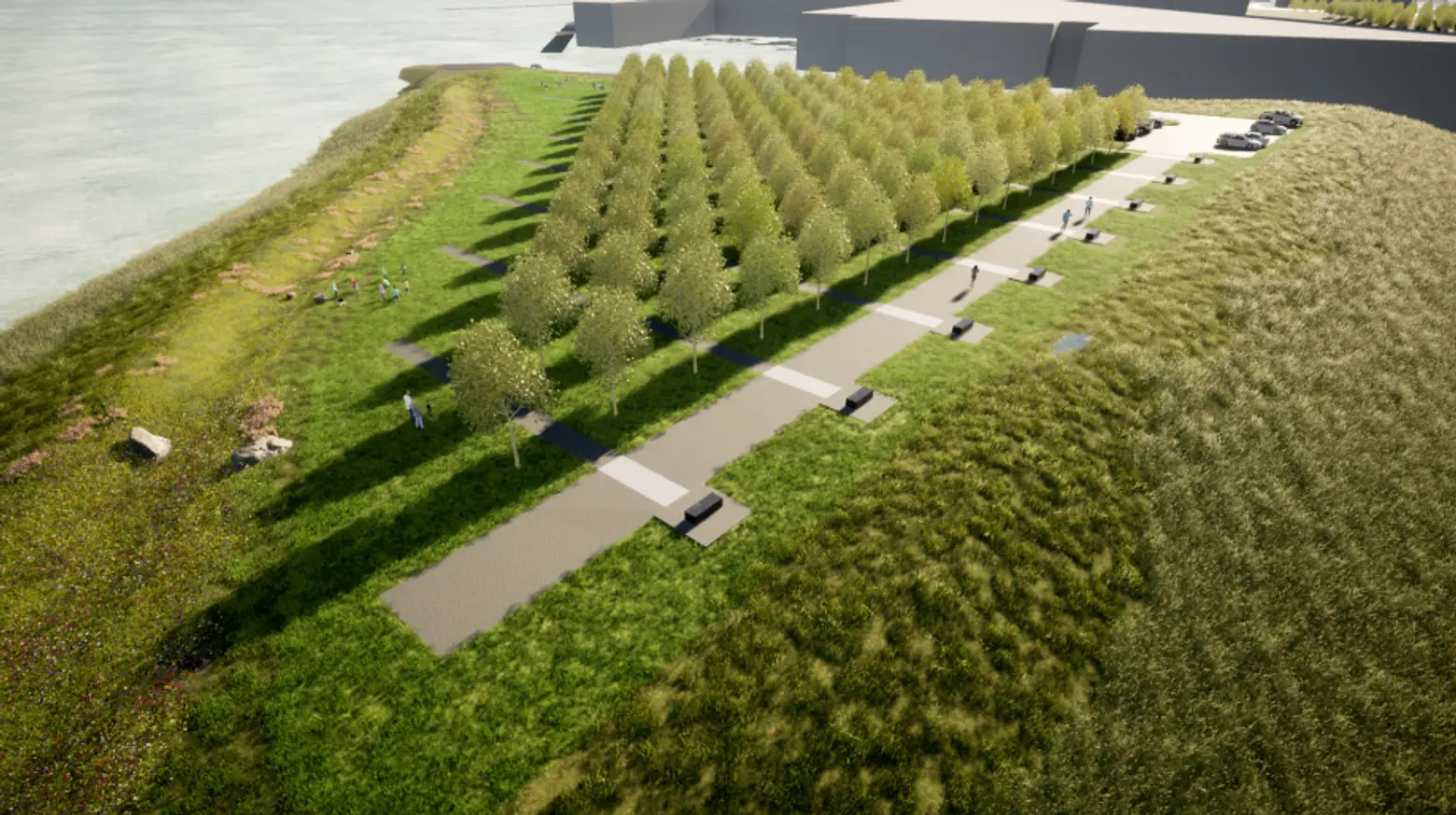
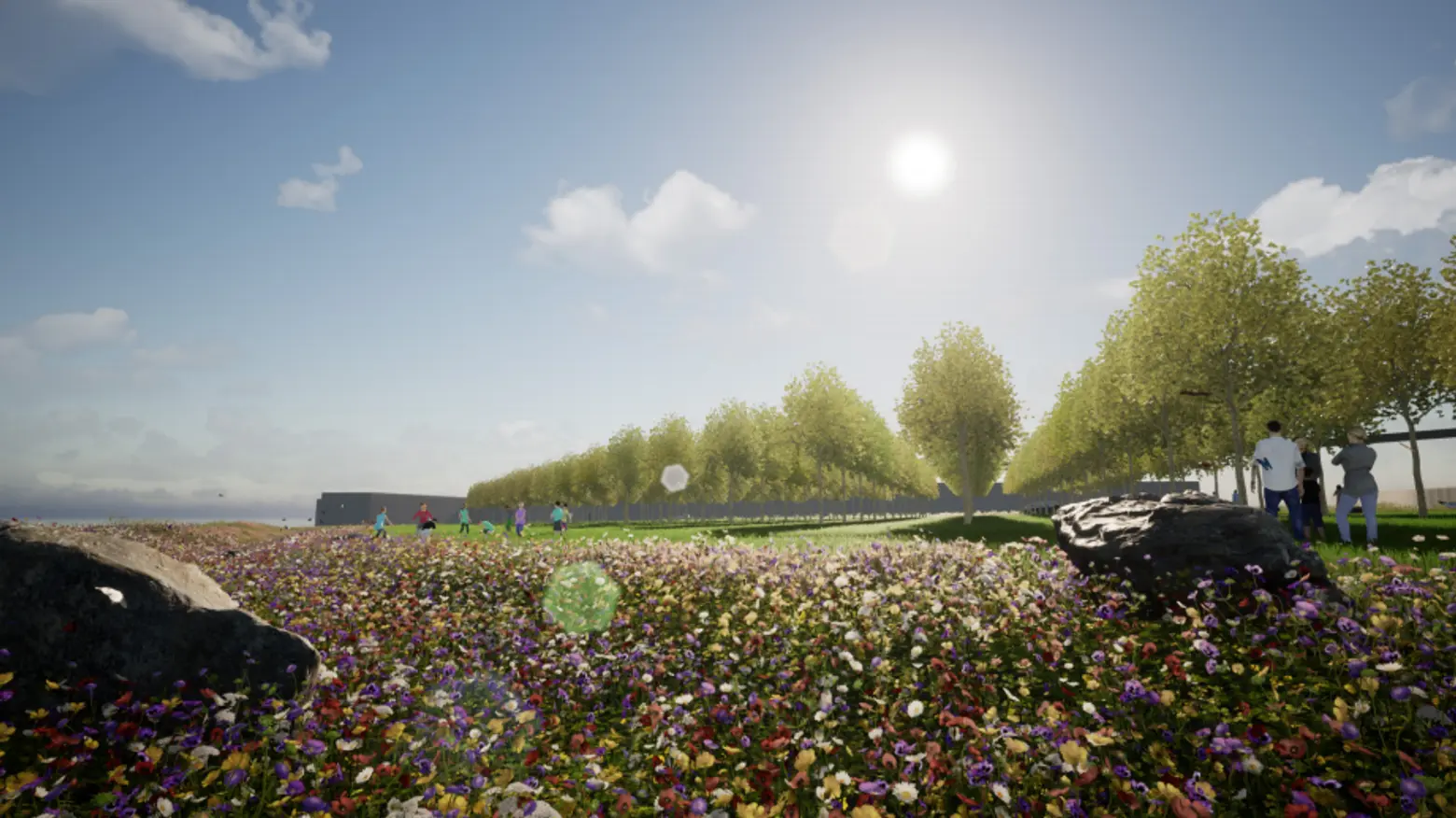
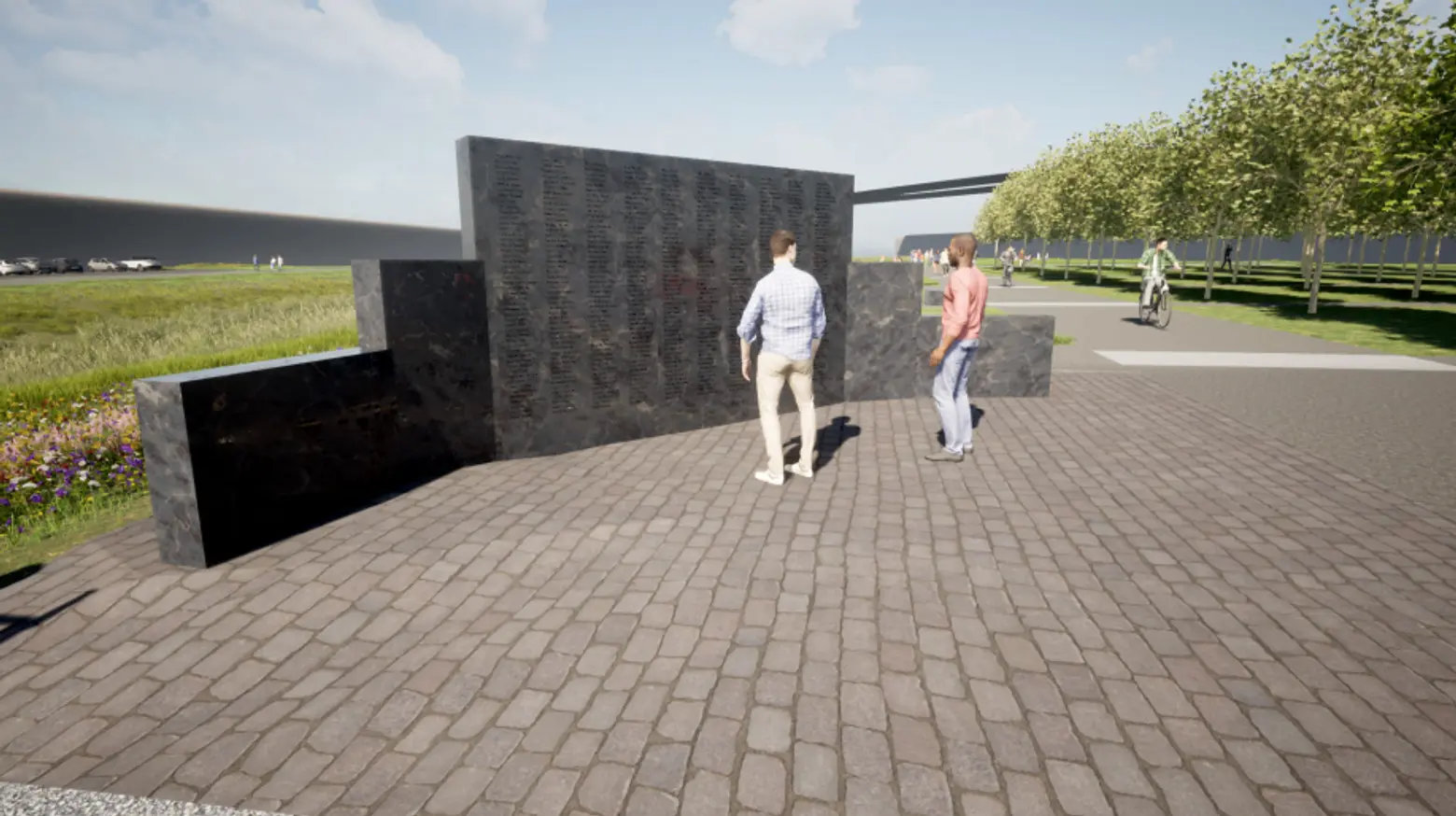
Skyway Park will feature a pedestrian bridge to connect parts of the park, a pollinator garden, and a waterfront walkway, which will extend the Hackensack Waterfront Walkway. The bridge connects to the memorial plaza installation and the tree grove, which will have a path between every row of trees that runs perpendicular to the main promenade. In addition to the trees, the name of every resident who died from the virus will be included on a memorial wall.
“Skyway Park is the latest step in expanding our parks infrastructure and bringing further investment to the city’s west side,” Fulop said in a press release. “Within the new park, a tree will be planted for each of the over 500 residents who were robbed of their life and robbed of a proper farewell due to this pandemic to give their friends and family a place where they can reflect and remember their loved ones.”
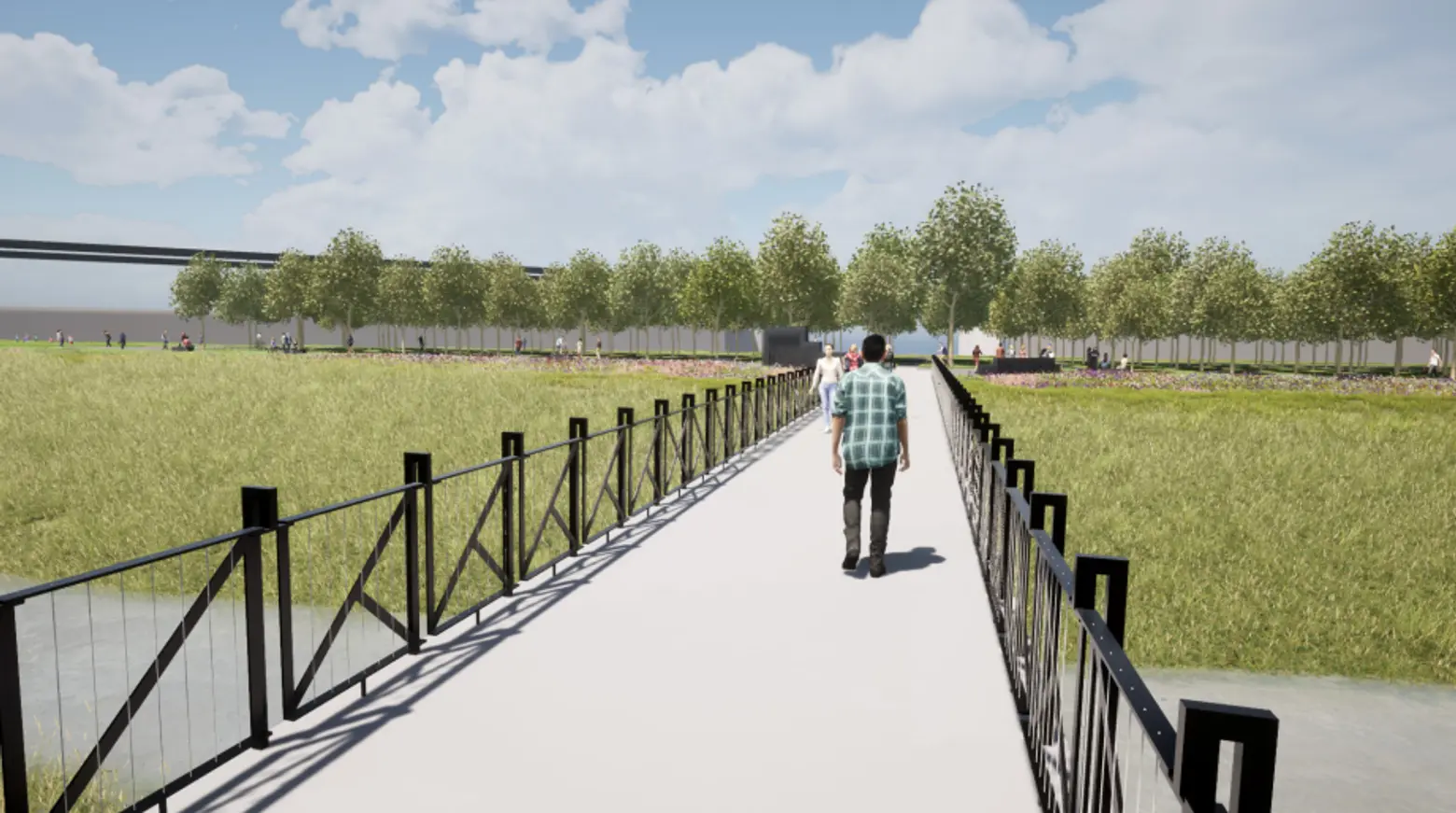
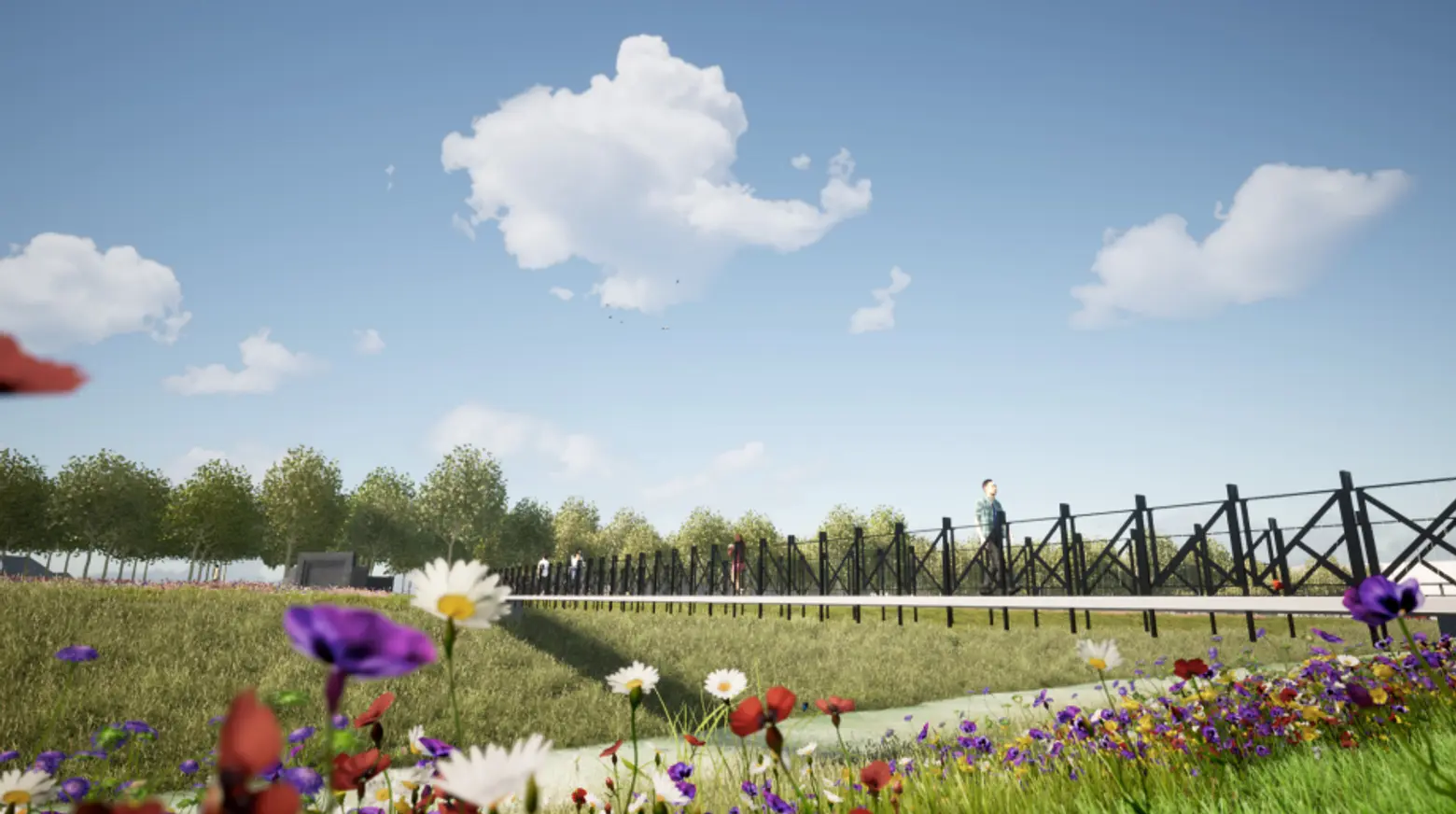
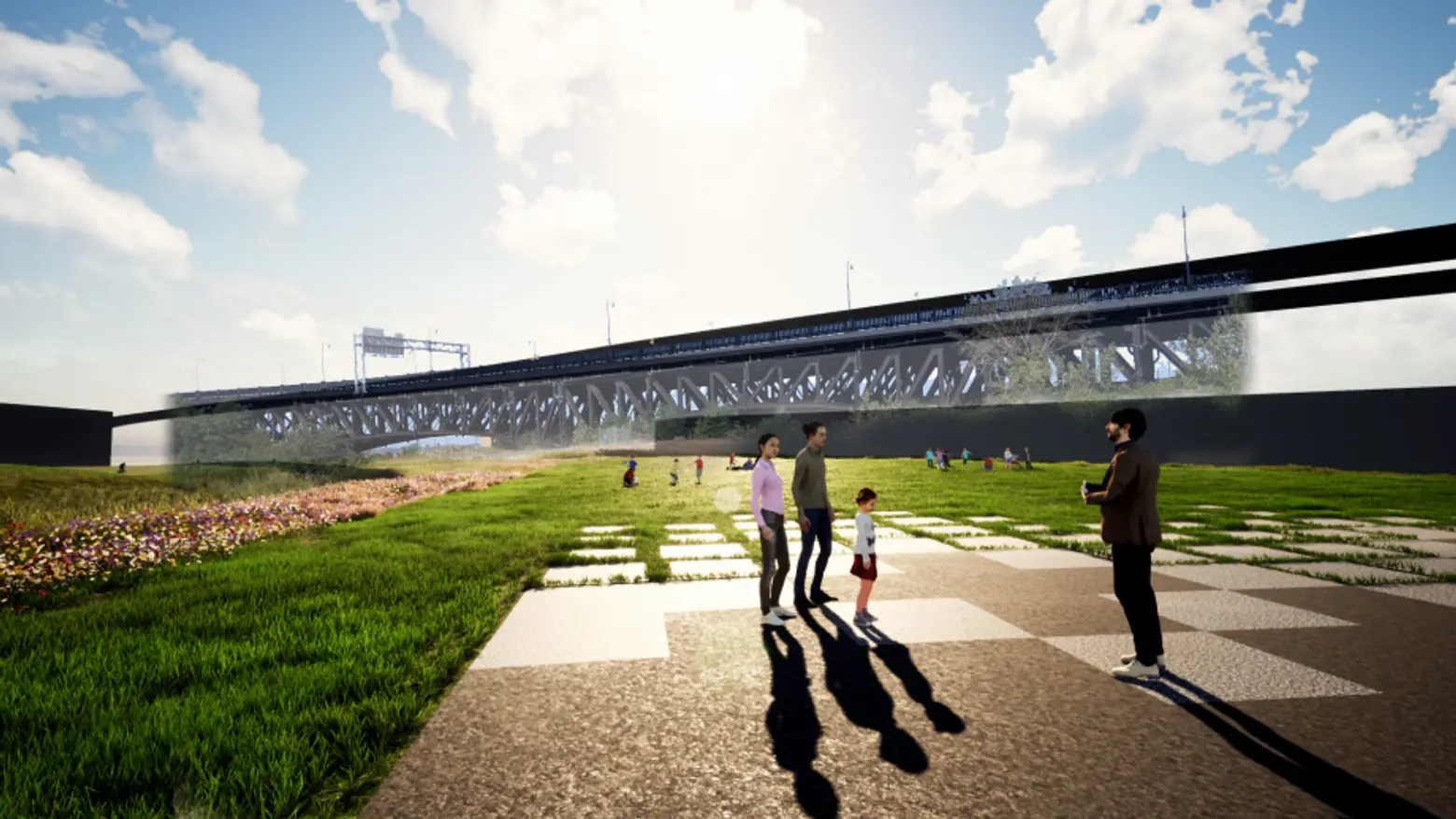
The site is home to an inactive landfill on 87 acres, bordered by the Hackensack River and underneath portions of the elevated Pulaski Skyway on the west side of the city. From 1970 to 1974, PJP Landfill Company operated a landfill at the site, which was originally a salt meadow, and accepted chemical and industrial waste. The state in 1977 ordered PJP to cover and grade the landfill and to remove waste, but the company did not.
Because of the polluted soil, groundwater, and sediment with hazardous chemicals, underground fires burned for over a decade at the site and the Environmental Protection Agency placed the site on the Superfund program’s National Priorities List in 1983. Plans to build a park at the former landfill, which Jersey City purchased in 2012 and has since been remediated and deemed safe for visitors, have been in the works for decades.
“The Skyway Park Conservancy is proud to partner with Mayor Fulop on this memorial, as the first step in opening Skyway Park up to the citizens of Jersey City,” Steve Krinsky, chair of the Skyway Park Conservancy, said. “We are especially enthusiastic about giving people in the surrounding neighborhood’s access to the Hackensack River and eventually to a greenway along its shores.”
All renderings courtesy of City of Jersey City
